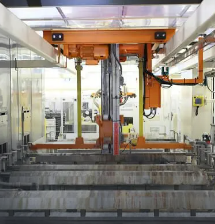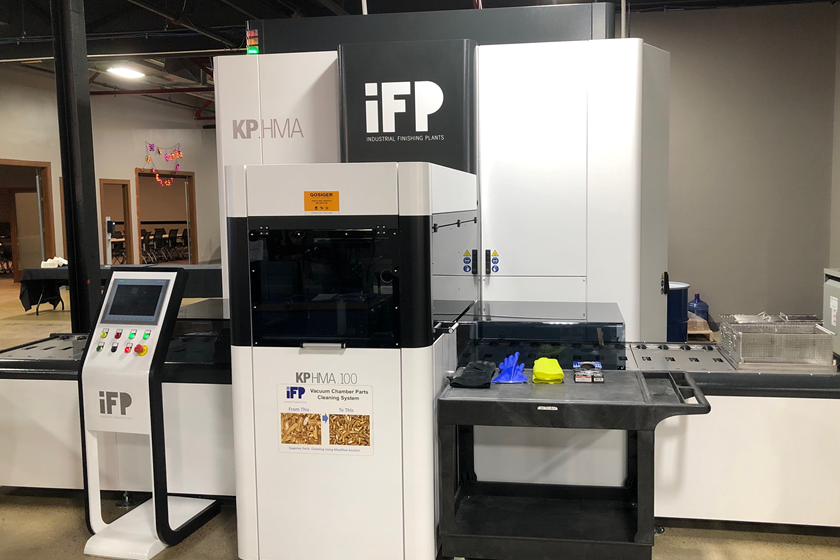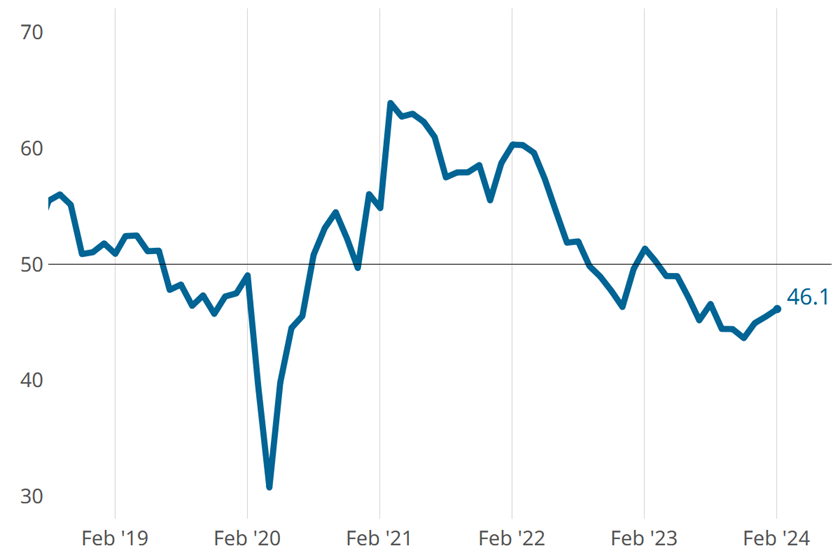A Conversation With ...Don Manzullo
llinois Congressman, 16th District
First elected in 1992, Congressman Manzullo’s mission is to strengthen manufacturing in America and create good-paying American jobs. As founder of the House Manufacturing Caucus, and the top Republican on the Foreign Affairs Subcommittee on Asia, the Pacific and the Global Environment, Manzullo continues his work to level the playing field for U.S. manufacturers competing in the global marketplace. Manzullo has served as Chairman of the U.S.-China Interparliamentary Exchange as well as of the U.S. House Committee on Small Business. When PF met up with the congressman at the NASF Washington Forum in April of this year, we were struck by his alignment with the finisher’s perspective
What legislation currently in Congress do you think will most affect U.S. finishers?
D.M: One bill I believe has the best chance of passage is Prioritizing Resources and Organization for Intellectual Property Act of 2008 (H.R. 4279). The aim of this bill is to make it a priority to coordinate resources of federal government to combat intellectual property rights piracy around the world. I believe this bill will have a positive effect for U.S. manufacturers seeking to protect patents and trademarks.
Featured Content
There is also a bipartisan consensus to confront China on its various unfair trade practices, particularly on the misalignment of its currency. Hopefully, more progress can be made during the upcoming meeting of the Strategic Economic Dialogue.
Small metal finishers also face a number of tax-related challenges. American tax policies often discourage growth and innovation. While I am pleased that the economic stimulus package contains higher small business expensing and 50% bonus depreciation, we need to provide stability and predictability to the tax code. Congress should make the higher small-business expensing limit permanent, permanently repeal the estate or “death” tax, create a standard home-office deduction, and provide self-employed individuals with a deduction for health-insurance premiums. More fundamentally, we need to make the 2001 and 2003 tax cuts permanent. Otherwise, the average small business owner will see taxes go up $4,066 in 2010.
What are the prospects for increased domestic energy production, such as drilling in currently restricted offshore areas or the Alaska National Wildlife Refuge? Failing this, how will the federal government address the current supply problems and attendant price increases with oil, natural gas and electricity?
D.M: The prospect for large-scale domestic energy production in the U.S., the type that we truly need to improve our energy situation, does not look very promising in the near term. This is an unacceptable situation given that so many Americans are hurting because of record prices. I recently introduced a 12-point energy plan that would address many of the issues we face now, namely through a combination of domestic energy production, conservation and incentives for alternative fuels.
Reducing the high cost of energy is one of the most pressing issues before Congress today. However, unlike other issues, there is no “silver bullet” for solving this problem. A big part of the problem is that our transportation system, which is the engine of the American economy, is entirely dependent on oil. It will take a combination of actions, some policy and some market driven, in order to transform our economy so that we are less dependant on oil while remaining economically competitive.
NASF members who saw you speak in April were visiting D.C. in part on a mission to meet with their Congressional representatives. What would you say to other shop owners who were not at the meeting?
D.M: I would encourage your readers to be actively engaged—both as individuals and as a group—with the legislative process. There are a lot of important issues that deserve a voice, and I always appreciate hearing from real people in the real world who are impacted by these laws and regulations.


















